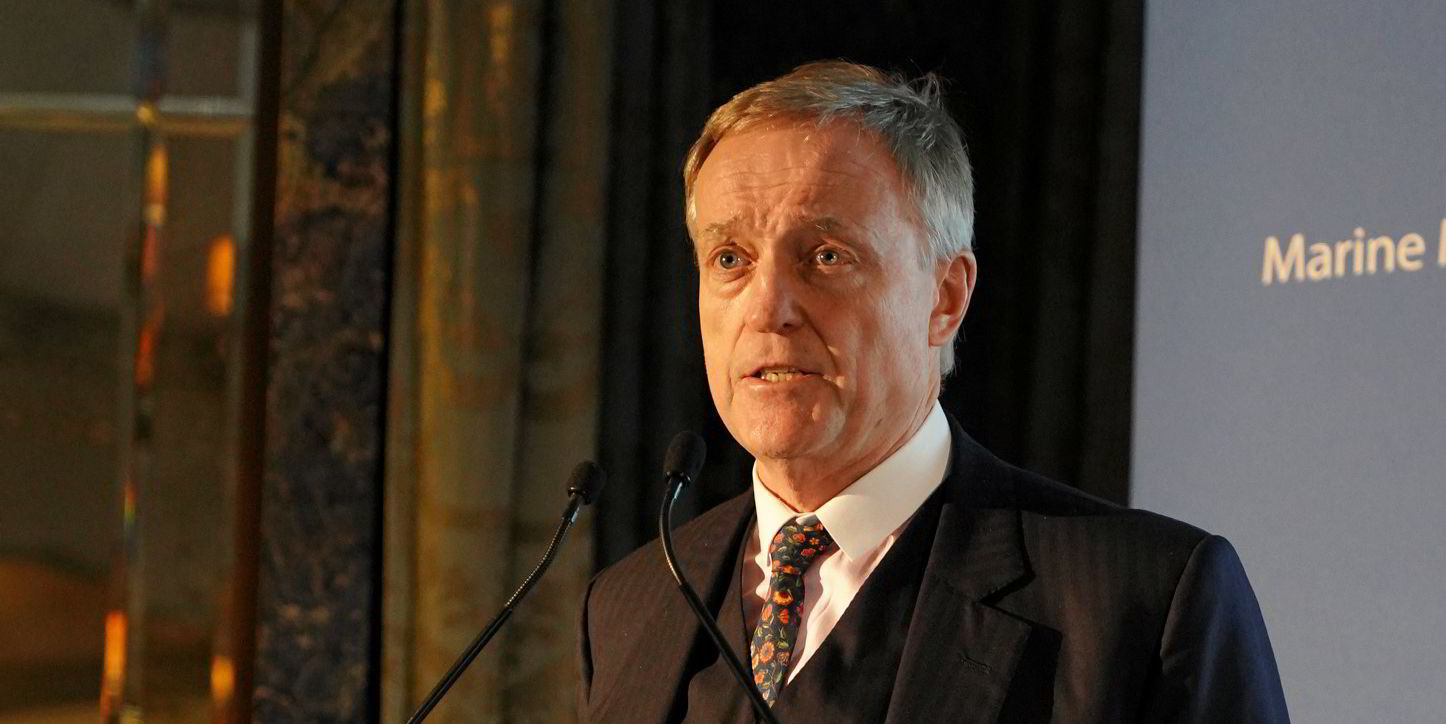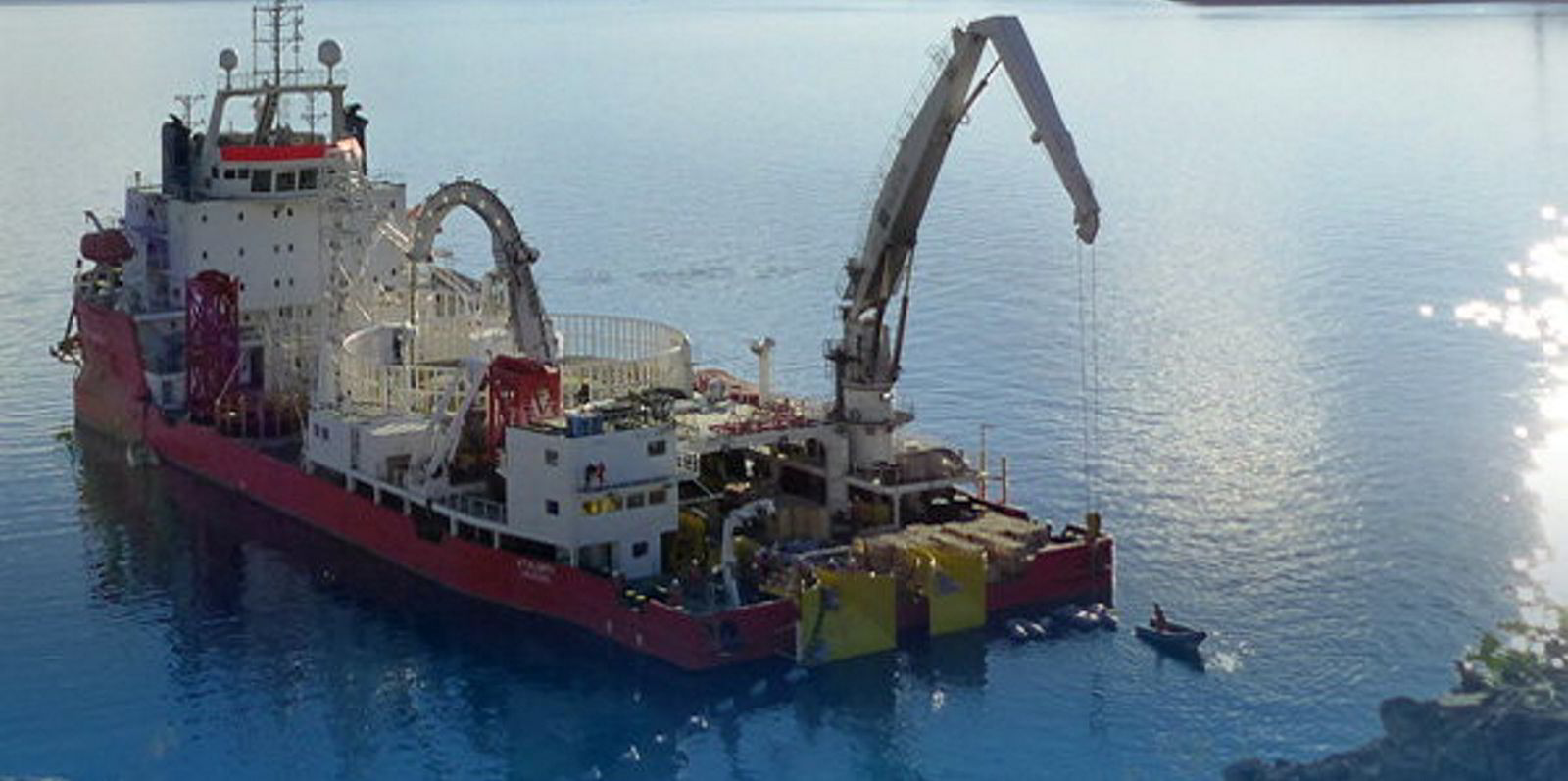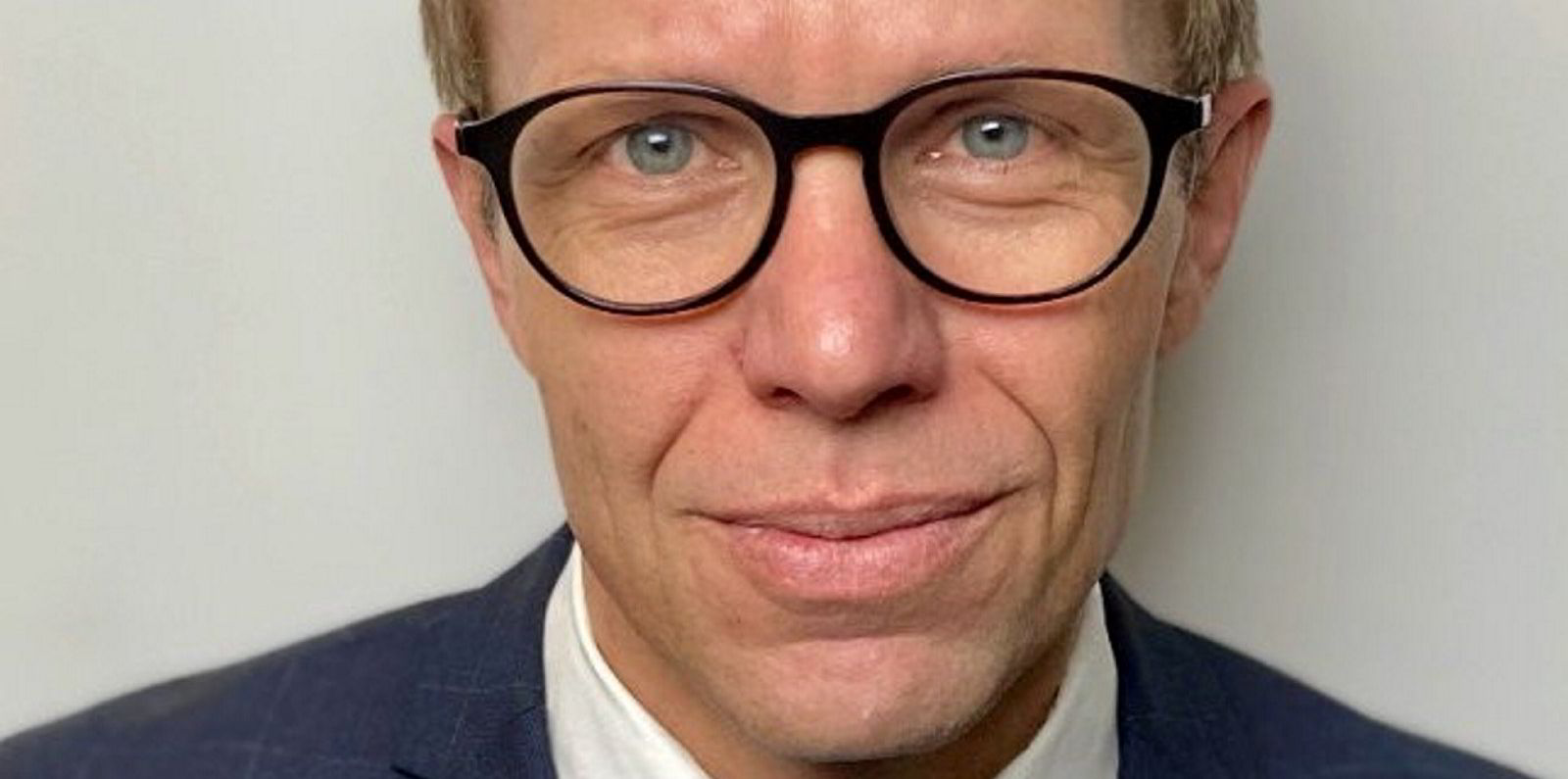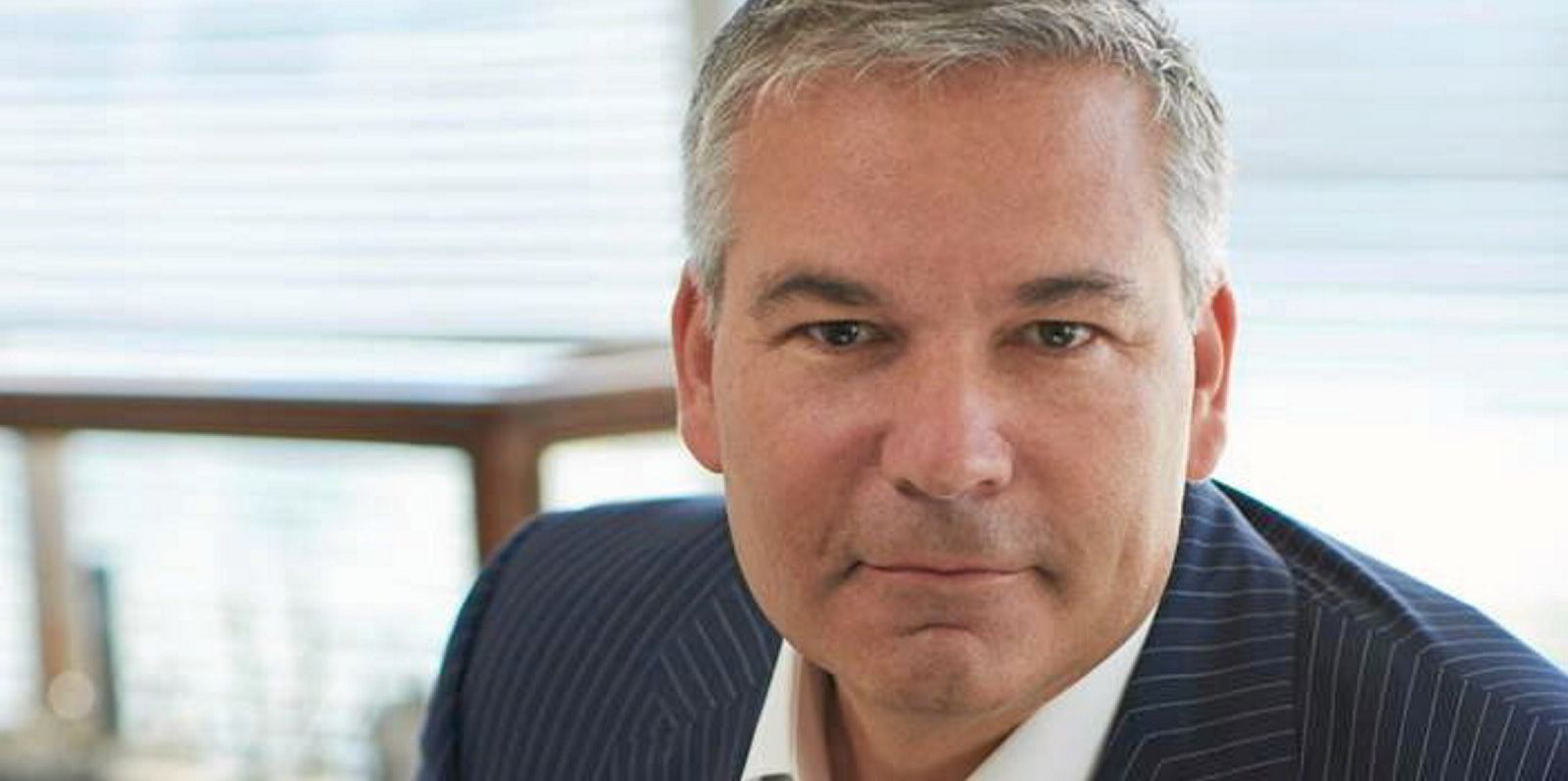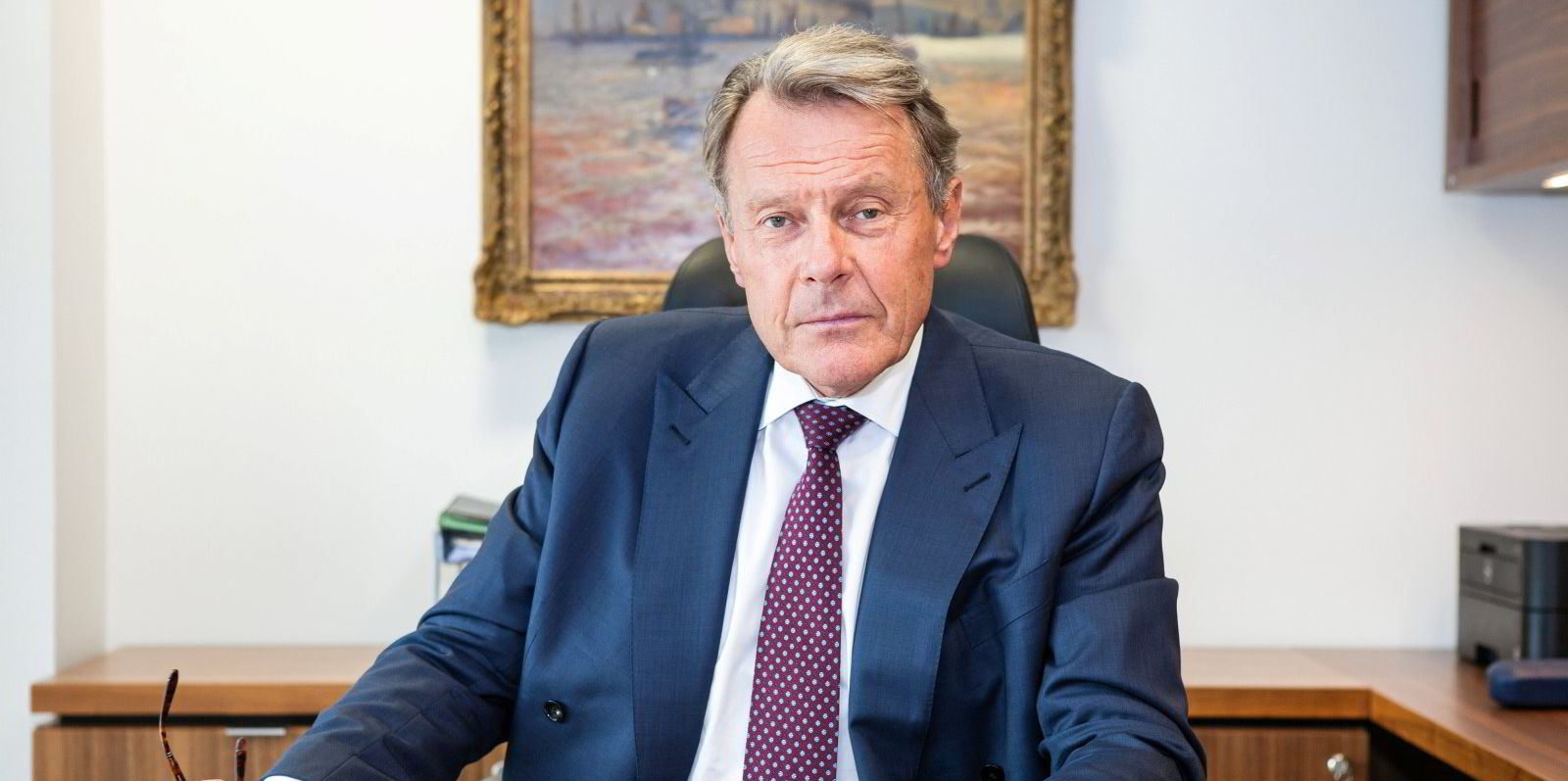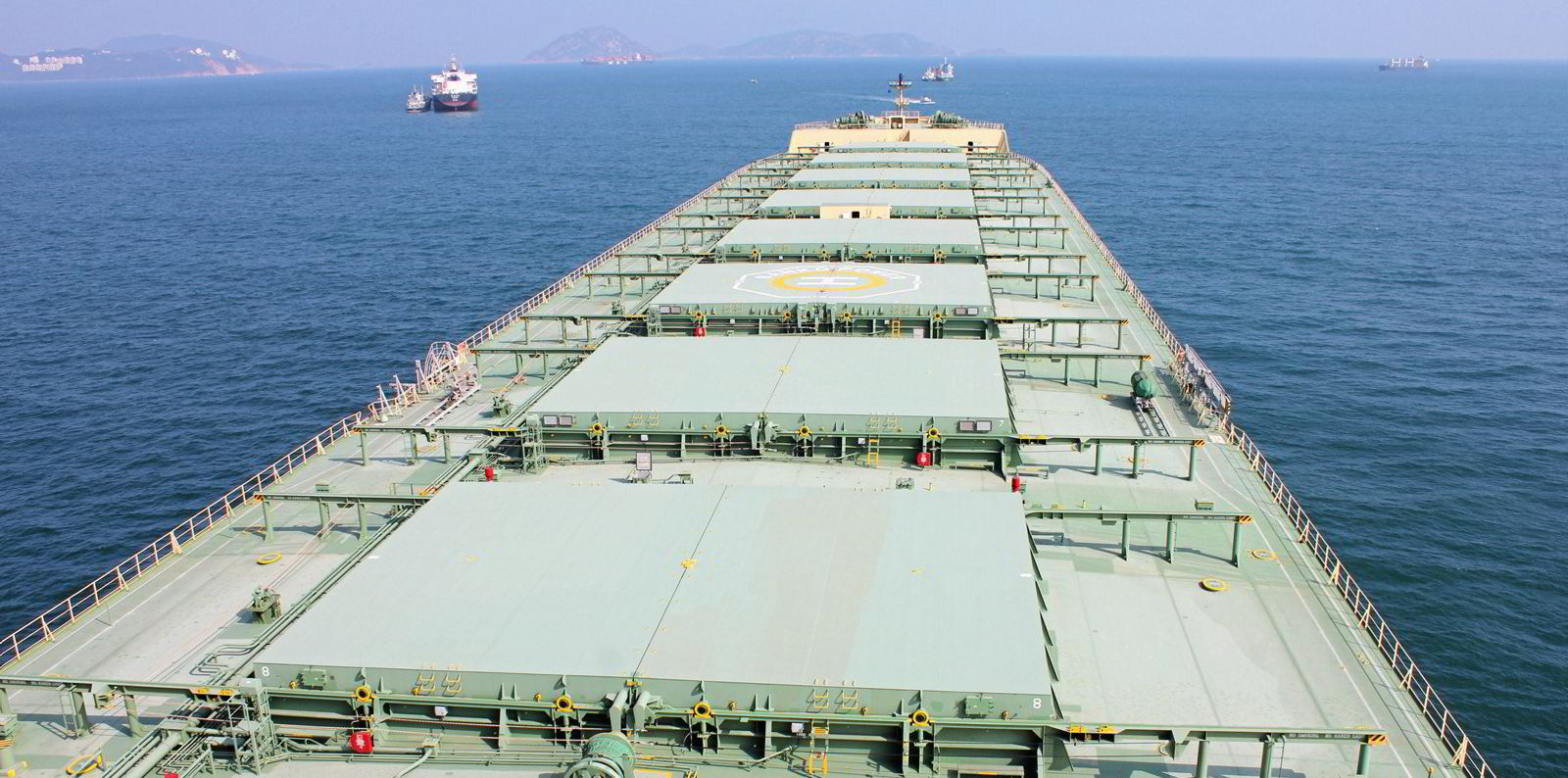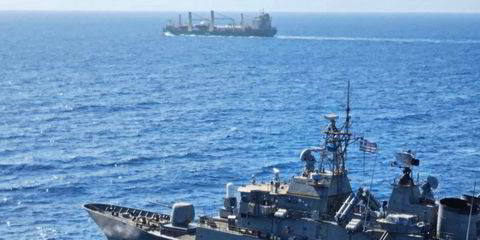London-based Marine Capital is pivoting into new areas to find fresh revenue streams and satisfy demand from ESG-minded investors.
CEO Tony Foster told TradeWinds the investment manager is looking to acquire companies that provide services to offshore wind farm installations. It is also exploring opportunities related to ship leasing and decarbonisation.
Marine Capital last year made a bid to be the exclusive service vessel operator at Equinor’s giant Dogger Bank wind farm in the UK North Sea, but was unsuccessful.
Undeterred, the firm is still looking for opportunities in the space.
"We have been very actively — and are still very actively — looking at companies, mostly companies rather than specific assets," Foster said.
Interest from Marine Capital's investors is still "strong", so the firm just needs to find the right deal, he added.
Marine Capital is currently heading up a six-month-long feasibility study commissioned by the UK government on how the country's domestic maritime industry might decarbonise its operations.
"It's a big piece of work, but it's in line with our ambitions, in terms of leading on decarbonisation, as well as being able to translate, hopefully, into investment opportunities," Marine Capital CEO Tony Foster commented.
The study will investigate how to close the persistent funding gap in maritime decarbonisation projects.
"There's a split incentive problem, which is not solved. There are capex [capital expenditure] issues for both ship and shore projects, which will need some kind of government intervention, whether it's direct funding or other support mechanisms," Foster explained.
"If we can help develop those mechanisms, then there'll probably be some opportunities arising from it."
"Institutional capital is increasingly demanding on decarbonisation. It's part of the ESG [environmental, social and governance] agenda. It's firmly fixed in their minds and it's increasingly fixed in their mandates," he said.
"If you want to deploy institutional capital, you're going to have to find opportunities that meet those criteria — and, clearly, renewables does. Ships that help deliver offshore wind [installations] would qualify, so that's what makes it interesting."
Bulker hit
But branching out to find new revenue streams is also important for Marine Capital as an organisation, which as of last year was operating as a going concern, according to its latest financial report.
The firm logged a loss before tax of £222,022 ($303,267) for its financial year to 30 April 2021, compared with profit of £197,903 during the previous 12 months.
Gross profit took a big hit during the period and income was overwhelmed by the firm's administrative expenses. Blame depressed bulker markets in 2020.
The firm manages Eclipse Shipping, a closed-end fund that owns four ultramax bulkers. Funds managed by the firm remain its main source of revenue and Eclipse is Marine Capital's only source of external income.
Investment management fees collected by Marine Capital from Eclipse in the year to 30 April 2021 totalled £688,638, roughly half of what they were in the previous 12-month period.
However, the report notes that the rebound in bulker markets during 2021 has left Eclipse "in a very healthy position".
"The directors recognise that alternative sources of income need to be secured by June 2022. The directors continue to explore opportunities for the Eclipse fleet with alternative investors," Marine Capital said in its report.
The Eclipse fund is set to mature on 30 June this year, at which time its shareholders will either decide to extend or liquidate the fund. The process is still ongoing, Foster said.
"Once we've canvassed their final views, we'll be able to decide what to do," he told TradeWinds.
Risky business
Shipping is making headlines more often these days, which is creating more interest in the industry from outside but may not necessarily translate into investment, Foster said.
"Historically, shipping tends to only be in the news when there's a disaster of some description. When there's a good news story — like the markets are going crazy or shipowners are making fortunes — naturally, you might expect a few more interested parties to try to understand what the opportunities are," he explained.
That said, interest in shipping differs between types of capital sources — and institutional investors still see shipping as a risky bet, Foster said.
"In general terms, we wouldn't expect all of a sudden a whole host of new institutional investors wanting to buy bulk carriers or container ships or tankers — because they know that there's underlying market risk in those assets."
But it will take more than strong markets to remove all doubt, he added.
"Shipping is a specialist business. Institutional investors largely don't understand it, but most of what they have heard is often disappointing because of a combination of operational events that they didn't expect or because of governance problems with the investee companies or partners that they're dealing with," Foster said.
"There are many tales of that type of disappointment. Those things clearly leave a trace. That's not solved merely by the market being better."
But there are still plenty of players within the world of shipping — comprising both companies and private individuals — who are keen to participate, "without necessarily wanting to buy everything".
Things are improving for shipping companies looking for finance, according to Marine Capital CEO Tony Foster.
"The debt markets are softer now than they have been for some time, so financing is probably easier rather than harder," Foster said.
"Spreads are tighter. In other words, funding is cheaper so there's no difficulty finding that for any, let's say, respectable or self-respecting shipping company."
There is plenty of alternative capital available too, he said.
"Of course, it comes at a different price, but it's widely available and there are numerous alternative capital providers."
